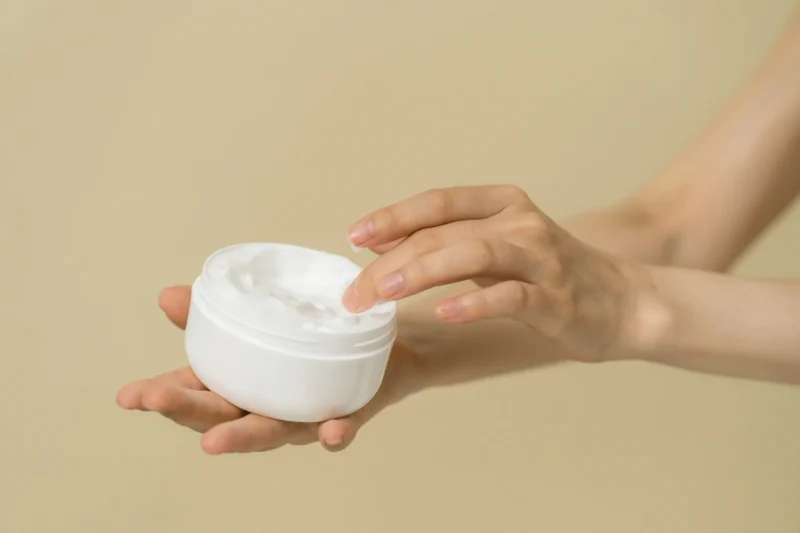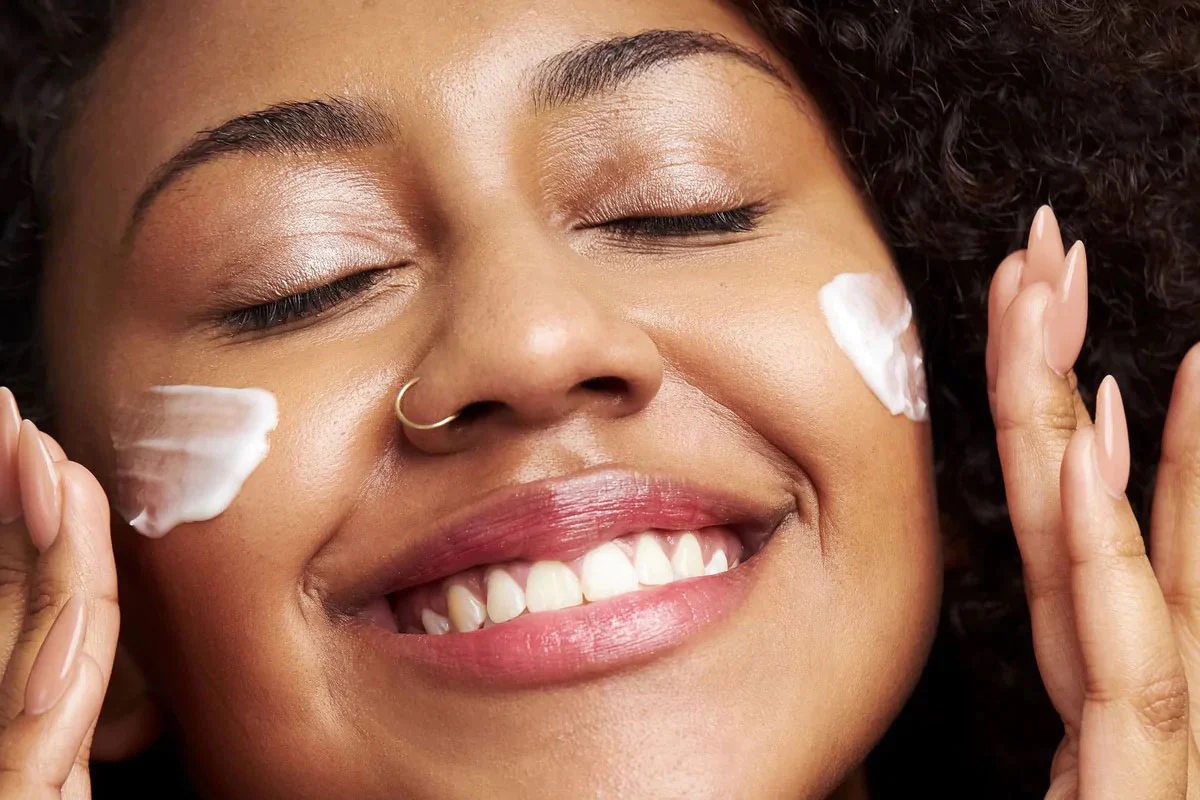Eczema, a common skin condition affecting millions of people worldwide, can be a source of immense discomfort and frustration. Characterized by dry, itchy, and inflamed skin, it often leads to a relentless cycle of scratching and further irritation. While there is no cure for eczema, effective management strategies can significantly alleviate symptoms and improve quality of life.
Exploring the Effectiveness of Eczema Creams

When it comes to managing eczema, you should definitely learn more about eczema creams. Also known as topical corticosteroids, they are formulated with anti-inflammatory ingredients to reduce inflammation and control itching.
The effectiveness of these creams has been extensively studied and proven. They are considered the first-line treatment for moderate to severe flare-ups. Corticosteroids in these creams work by suppressing the immune response in the affected area, thereby reducing redness, swelling, and itching. However, it is important to note that prolonged and excessive use of high-strength corticosteroids can have side effects, such as skin thinning and discoloration.
Which One to Choose?
Choosing the right eczema cream can be overwhelming, given the multitude of options available. Eczema creams are classified into different strengths based on the potency of the corticosteroid they contain.
Mild corticosteroids are suitable for treating milder flare-ups and delicate areas of the skin, such as the face or groin. Moderate-strength creams are typically used for moderate eczema, while severe cases may require stronger formulations.
Apart from corticosteroid creams, there are also non-steroidal options available, such as calcineurin inhibitors. These creams work by inhibiting immune responses and are particularly useful in sensitive areas where corticosteroids may cause more side effects.
The Role of Moisturizers
When it comes to managing eczema, moisturizers play a fundamental role. The primary goal of moisturizers is to replenish the skin’s moisture content, improve hydration, and strengthen the skin barrier. By doing so, moisturizers help reduce dryness, itchiness, and flaking, providing relief and preventing further damage to the skin.
Moisturizers are designed to increase the water content of the skin by trapping existing moisture and preventing excessive evaporation. They typically contain a combination of humectants, emollients, and occlusives. Humectants such as glycerin and hyaluronic acid attract water to the skin, while emollients like ceramides and shea butter fill in gaps between skin cells, making the skin smoother and softer. Occlusives like petrolatum or mineral oil create a protective barrier on the skin’s surface, reducing water loss and locking in moisture.
Benefits of Using Moisturizers for Eczema

They can be used as a preventive measure to maintain skin barrier integrity, reducing the frequency and severity of flare-ups. Regular application of moisturizers keeps the skin hydrated, minimizing dryness and itchiness.
In addition to their hydrating properties, moisturizers often contain ingredients that soothe and nourish the skin. Some formulations include anti-inflammatory agents like oatmeal or licorice extract, which can help calm irritated skin. Moreover, moisturizers are generally safe for long-term use, making them a suitable option for daily skincare routines.
Assessing Individual Needs
While eczema creams are highly effective in managing flare-ups, they may not be necessary for everyone with this condition. Mild cases of eczema, with minimal symptoms and infrequent flare-ups, can often be managed solely with moisturizers and proper skincare routines. Consistently maintaining a healthy skin barrier through moisturizer application and avoiding triggers may be sufficient in such cases.
It is essential to assess individual needs and consult with a healthcare professional or dermatologist to determine the most suitable treatment approach. They can evaluate the severity of eczema, identify triggers, and recommend the appropriate combination of moisturizers and creams.
The Importance of Proper Skincare Routine
Regardless of whether one opts for moisturizers or eczema creams, establishing and maintaining a proper skincare routine is paramount in managing this condition. The routine should involve gentle cleansing with mild, fragrance-free cleansers and lukewarm water. Harsh soaps and hot water can strip the skin of its natural oils and exacerbate symptoms.
After cleansing, the skin should be gently patted dry, leaving some moisture on the skin’s surface. Immediately following, a moisturizer or cream should be applied to seal in the remaining moisture and provide hydration. Regular application of moisturizers throughout the day, particularly after bathing or handwashing, can help maintain skin hydration levels.
Combining Moisturizers and Creams: Finding the Right Balance

In many cases, a combination of moisturizers and creams yields the best results. The moisturizer serves as a foundation for daily skin care, preventing dryness and promoting healthy skin barrier function. Eczema creams, on the other hand, are reserved for flare-ups, providing targeted relief and addressing the underlying inflammation.
It is important to find the right balance between these two products. Applying moisturizer before cream helps create a protective barrier, reducing the risk of corticosteroid side effects and maximizing the cream’s efficacy. However, it is advisable to consult a healthcare professional to determine the frequency and duration of eczema cream usage, as well as the appropriate interval between applications.
Expert Recommendations: When to Opt for Eczema Cream over Moisturizer
Expert recommendations regarding the use of creams over moisturizers vary depending on the severity and frequency of flare-ups. For individuals with mild eczema, a moisturizer may be sufficient for daily maintenance. However, if symptoms worsen or flare-ups become more frequent, the introduction of an eczema cream may be necessary to manage inflammation effectively.
Dermatologists recommend using creams for moderate to severe flare-ups, as they provide targeted relief and are more potent in reducing inflammation. The decision to use eczema cream should always be made in consultation with a healthcare professional, who can evaluate the individual’s specific needs and recommend the most appropriate course of treatment.
The verdict
After looking at the benefits of both eczema creams and moisturizers, it is clear that there are pros and cons to using each one. While creams can be effective in providing immediate relief from irritation, they may not always be the best option due to their potential side effects. Moisturizers, on the other hand, can provide long-term comfort without any adverse reactions if used properly. Ultimately, it comes down to personal preference and what works best for you as an individual when treating eczema symptoms.

